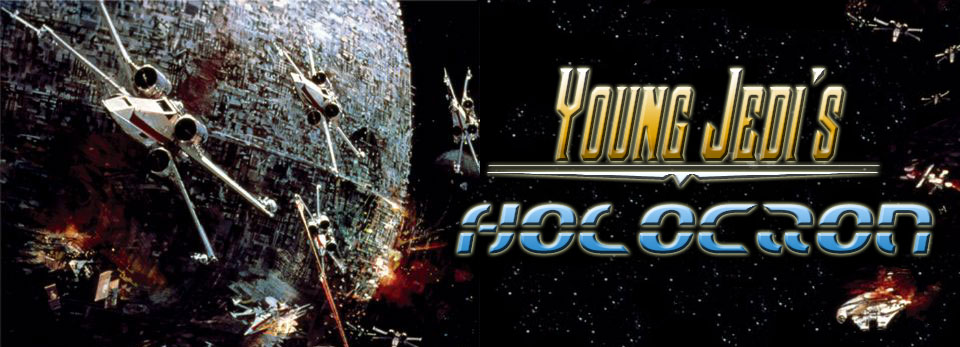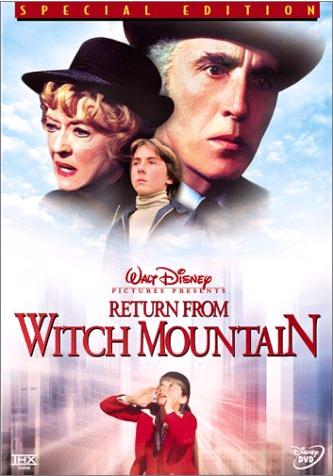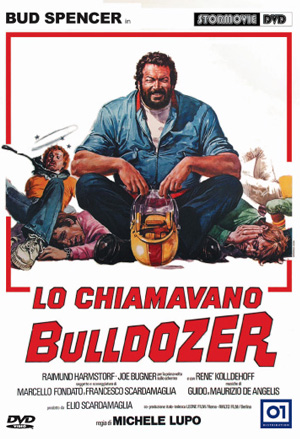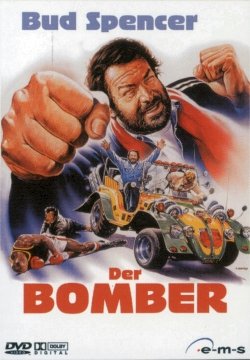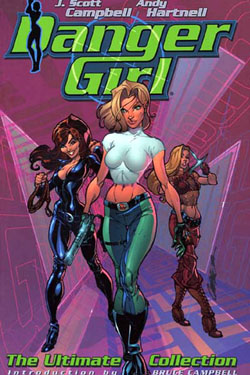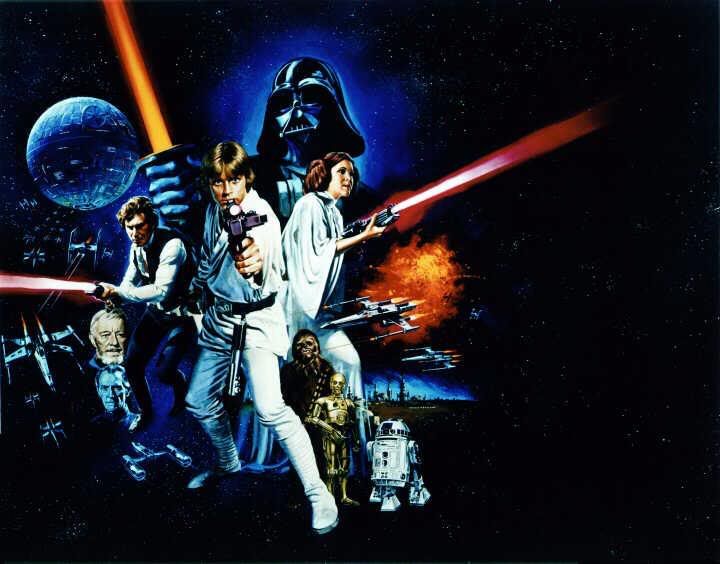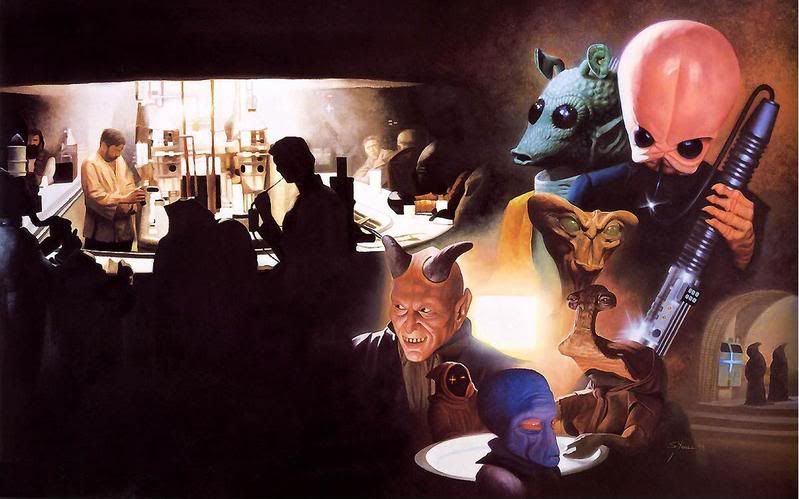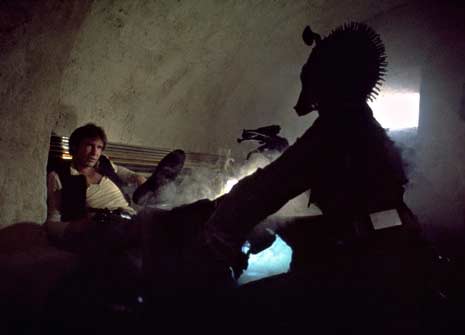Мисля, че любимата ми литературна форма са кратките разкази. По принцип по-кратките неща. Първо, защото не винаги ми остава толкова време за четене, колкото би ми се искало. А няма нищо по-дразнещо от това да спреш книга на средата и да се върнеш към нея след месец, като откриеш, че някои детайли вече ти се губят и разгръщаш страниците към началото, за да си поприпомниш за какво става дума. Второ, защото като цяло съм нетърпелив. Обичам нещата да се случват веднага. Излишните думи ме уморяват, дългите описания ме отегчават. В историята трябва да има промяна, развитие, действие. Трето, защото вярвам, че най-важна е идеята. А една добра идея може да се предаде изчистено в няколко страници, краят на разказа да те удари като чук, да ти вземе дъха, да те остави безмълвен и замислен... Ето това е майсторството.Ако сте чели няколко поста по-назад, знаете че си взех сборника със 100 разказа на Рей Бредбъри. Не съм го свършил, и едва ли ще го свърша скоро. Не искам да го свършвам. Присти това е като десерт след вечеря, или като целувка за лека нощ. Обичам да си чета по един разказ преди лягане."Езерото" ме докосна истински.Пробвах да го намеря в нета на английски, да го прочета в оригинал. За сега не съм успял. Но попаднах на друг превод на български. Реших да го пусна тук.Освен това преди няколко дни ми беше практиката от университета, за няколко учебни часа се престорих на учител по английски. В няколко класа дадох на учениците три теми, да си изберат една и да напишат кратка история. Темите бяха такива, че даваха пълна свобода, никакви ограничения откъм жанр, форма или стил. Не знам защо, но повечето от нещата, които ми предадоха не бяха истински истории. Някои бяха подобни на есета, просто някакви разсъждения и асциации с темата. Някои бяха подобни на статии - свързваха темата с някакво събитие и представяха факти. А други бяха просто случки - лишени от някакъв конфликт или драматизъм, дори без главен герой. Разбира се не липсваха и доста свежи попадения :)Мисля да изпратя този разказ и на учениците. Естествено, това все пак е час по английски, не writing class или някакъв литературен кръжок, и аз съм далеч съм от мисълта, че трябва да стават писалети и да се развиват в тая насока. Няма да говорим за структура, за изразни средства, няма да го анализираме, никакви символи и внушения... Това мисля, че човек или започва да си го усеща интуитивно или не. За всеки асоциациите са различни и всеки го възприема за себе си. Да не говорим пък, че всичките тия анализи и дивотии са ме отвратили от доста произведения, присъстващи в т.нар. "списък с препоръчителна литература". Няма и да го соча като пример, "ей така се пише", все пак вкусове всякакви, сюжети и стилове също...Ще им го изпратя просто ей така, не домашно или нещо, а просто ей така - ако искат да го прочетат. Нещо, което на мене ми е харесало и си мисля, че може би ще отсави следа и у тях.Но стига за тези неща. Ето го "Езерото". Потопете се в него.Рей Бредбъри
Езерото
Вълната ме изхвърли от света, в който птиците са в небето, децата — на плажа, а мама — на брега. За част от мига ме скова някакво зелено безвълвие, но после всичко се върна обратно — небето, пясъкът и децата. Излязох от езерото, а там ме очакваше светът — едва ли се бе променил, докато ме е нямало. Мама започна да ме трие с кърпа.
— Стой така да изсъхнеш — рече тя.
Стоях и гледах как слънцето изпива водните капчици от ръцете ми. Вместо тях се появяваха пъпчици като по кожата на проскубана гъска.
— Вятърът се усили — каза мама. — Наметни си хавлията.
— Чакай да се порадвам на гъшата си кожа.
— Харолд! — отсече строго тя.
Наметнах хавлията и започнах да гледам как вълните се гонят, за да рухнат накрая на брега. Падаха майсторски, елегантно — дори пияниците не могат да падат така грациозно.
Бяха последните дни на септември, когато без всякакви видими причини животът става някак печален. Плажът е пуст и поради това по-голям. Деца тичат подир топката вяло — и те усещат, че щом дойде есента, всичко свършва.
Количките, на които през лятото продават банички и кренвирши, са наметнати с платнища и вятърът тича насам-натам да изглажда следите на хората, които са били тук през юли и август. Останали са само следите на моите джапанки, а също на Доналд и Арнолд Делоа.
Пътечката до люлките е посипана с пясък. Кончетата гледат тъжно, покрити с брезент, и сигурно си тананикат музиката, под която тичаха в онези чудесни летни дни.
Моите приятели са вече на училище. Утре по това време и аз ще пътувам с влака. Дойдохме с мама на плаж — за довиждане.
— Мамо, а мога ли да потичам малко?
— Добре, стопли се. Ама не прекалявай и далеч от водата!
Затичах се, отворил широко ръце като крила. Бях сам. Когато си на дванайсет, рядко оставаш сам. Около теб винаги има страхотно много хора, които все те поучават какво трябва да правиш и как да го правиш. А за да останеш сам, трябва само да отвориш ръцете си като крила и да тичаш по пустия плаж. А това най-често го има само в мечтите. Но сега бях сам, съвсем сам!
Доближих водата и нагазих до кръста. Преди, когато наоколо имаше много хора, не смеех да дойда на това място, да погледна към дъното и да спомена едно име. Но сега…
Водата е като вълшебник, разрязва те наполовина и разтваря долната ти част като захар. Студена вода. И те бие с поривистите удари на вълните.
Аз казах името й. Изкрещях го много пъти:
— Тали! Тали! Хей, Тали!
Когато си на дванайсет, очакваш след всяко твое повикване някой да се обади. Убеден си, че всяко желание е изпълнимо. И най-често не си далеч от истината.
Мислех си за онзи майски ден, когато Тали, усмихната и доволна, вървеше през водата, а слънцето си играеше върху нейните крехки раменца. Спомних си, как водата наоколо изведнъж, ама съвсем изведнъж стана спокойна, как майката на Тали изпищя и прибледня, как спасителят мигом се гмурна надолу и как Тали не се върна…
Спасителят сигурно я убеждавал да се върне, ама тя не го е послушала. Той се върна сам, стиснал в ръце снопчета водорасли. Пък Тали си беше отишла. Тя никога повече няма да е в нашия клас и никога няма да идва вечер у дома. Тя е отишла прекалено далеч и езерото няма да й позволи да се върне.
И сега, когато есента дойде, когато небето и водата станаха сиви, а плажът опустя, аз дойдох тук за последен път. Сам. Аз я виках пак и пак:
— Тали! Хей, Тали! Върни се!
Бях само на дванайсет. И само аз си знаех колко я обичах. С онази любов, която идва преди всички понятия за тяло и морал. Тази любов е толкова безкористна и реална, колкото вятърът, езерото, пясъкът… Тя обгръща и топлите дни на плажа, и бързите дни в училище, и вечерите, когато се връщахме заедно и аз й носех чантата.
— Тали! Хей, Тали!
Повиках я за последен път. Треперех и лицето ми беше мокро, не знам защо. Изтичах на пясъка и дълго гледах водата, чаках да видя някакъв таен знак от Тали — от Тали за мен. След това клекнах на колене и започнах да правя пясъчен замък. Такъв, какъвто правехме с Тали. Но този път направих само половината, изправих се и викнах:
— Тали! Ако ме чуваш, ела и го довърши!
После бавно закрачих към петънцето в далечината, което беше мама. Извърнах глава и през рамо видях как вълните близнаха моя замък и го помъкнаха назад със себе си.
В далечината люлката започна да вие, но не беше от вятъра.
* * *
На следващия ден заминахме на Запад. Влакът има лоша памет, оставя всичко зад себе си. Той забравя полята на Илинойс, реките на детството, мостовете, езерата, долините, крайградските къщи, болките и радостите. Той ги оставя подире си и те изчезват отвъд хоризонта…
* * *
Костите ми се издължиха и се покриха с много плът. Смених детския си ум с ум на възрастен, след училище отидох в колеж. После се появи една жена от Сакраменто. Запознахме се и се оженихме. Бях вече на двайсет и две и съвсем бях забравил как изглежда Изтокът. Но Маргарет предложи да прекараме там нашия меден месец.
Както и паметта, влакът идва и си заминава. И може да ви върне всичко, което преди много години сте оставили някъде.
В Лейк Блаф живеят около хиляда души. Когато градчето се показа пред прозореца на вагона, погледнах Маргарет — беше очарователна в новата си рокля. Хванах я за ръка и слязохме на перона. Подир нас носачът мъкнеше куфарите ни.
Наехме за две седмици стая в малък хотел. Ставахме късно и се скитахме по града. Отново открих за себе си кривите улички, по които мина детството ми. Не срещнах никого от старите познати. Понякога като че ли се мяркаха лица, напомнящи лица от онези години, но аз не се спирах и не разпитвах. Аз просто събирах в душата си парчета от паметта, както събират на купчини есенните листа, за да ги изгорят.
Не се разделяхме с Маргарет, бяха щастливи дни. Обичах я. Или поне така си мислех.
Веднъж отидохме на плажа, защото денят беше топъл. Не беше от последните летни дни, както тогава, преди десет години, но първите признаци на есенното опустошение вече докосваха плажа.
Всичко тук си беше както тогава. Съвсем зримо видях мама, седнала на пясъка в любимата си поза — крак върху крак, опънати назад ръце. У мен отново се събуди онова неопределено желание да остана сам, но не събирах смелост да го кажа на Маргарет. Просто я държах за ръка и мълчах.
Беше около четири. Децата ги бяха прибрали, няколко групички мъже и жени се припичаха на оскъдното слънце, въпреки силния вятър.
До брега приближи лодка на спасителната група. Як мъжага слезе от нея, помъкнал нещо на ръце.
Замрях. Изплаших се. Бях отново на дванайсет и бях отчайващо самотен. Не виждах Маргарет, виждах само плажа и спасителя със сив, сигурно не много тежък чувал в ръце.
— Изчакай ме тук, Маргарет — казах. Сам не разбирах защо, но го казах.
— Какво се е случило?
— Нищо. Просто ме изчакай тук.
Бавно тръгнах по пясъка натам, където беше спасителят. Той ме изгледа строго.
— Какво е това? — попитах.
Не отговори и сложи чувала на земята. От него избълбукаха струйки вода и веднага потънаха в пясъка.
— Какво е това? — настойчиво повторих въпроса си.
— Странно — отвърна той сякаш на себе си. — Никога не съм чувал такова нещо. Тя е мъртва отдавна.
— Мъртва отдавна ли?
Той кимна.
— От десет години. От десет години тук не се е давило дете. Другите ги намирахме само след няколко часа… Всички, освен едно момиченце. Това е тялото й. Как е прекарала във водата десет години…
Гледах сивия чувал.
— Отворете го. — Пак не разбирах защо го казах.
Вятърът се усилваше. Спасителят се суетеше в нерешителност.
— Отворете по-бързо, дявол да го вземе! — изкрещях.
— Не е ли по-добре… Тя е толкова миличка…
Но като видя изражението ми, той се наведе, развърза вървите и отметна горната част. Това беше достатъчно. Всички изчезнаха — спасителят, Маргарет и хората на плажа. Останаха само небето, вятърът, езерото, аз и Тали. Аз си повтарях нещо отново и отново, и отново: нейното име.
Спасителят ме гледаше с недоумение.
— Къде я намерихте? — попитах.
— Ето там, върху изхвърлените миди. Толкова дълго е била във водата, а е съвсем като жива.
— Да — кимнах. — Съвсем като жива.
Хората растат — помислих си. — А тя не се е променила, все си е една такава мъничка, все толкова крехка. Само смъртта не позволява на човека да расте и да се променя. И косите й са все така златисти. Тя винаги ще си остане дете и аз винаги ще си я обичам, и ще обичам само нея…
Спасителят завърза чувала. Аз се обърнах и бавно закрачих по брега, към купчината миди, където я бяха намерили.
И замрях. Там, където водата облизва брега, имаше замък от пясък. Беше направен наполовина. Точно такъв, какъвто някога правехме с Тали — половината тя, половината аз.
Наведох се и видях редичка от малки следи, които излизат от езерото и после се връщат обратно във водата.
Тогава разбрах всичко.
— Ще го довършим, Тали.
Бавно достроих замъка, после се изправих и без да се обръщам, закрачих напред. Не исках да вярвам, че вълните ще го разрушат, както всичко в този живот се руши.
Бавно вървях по плажа натам, където усмихната ме очакваше една чужда жена на име Маргарет.

